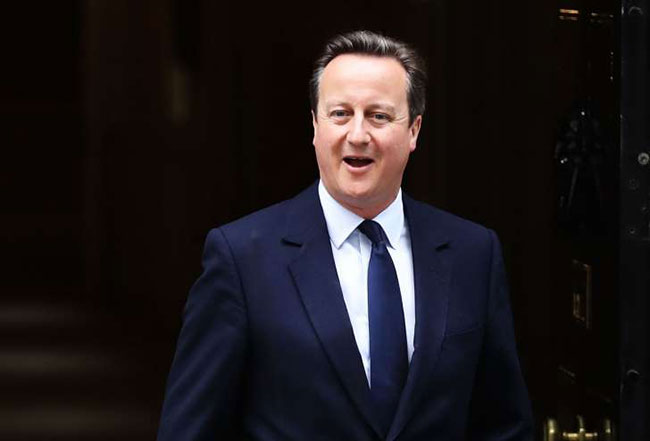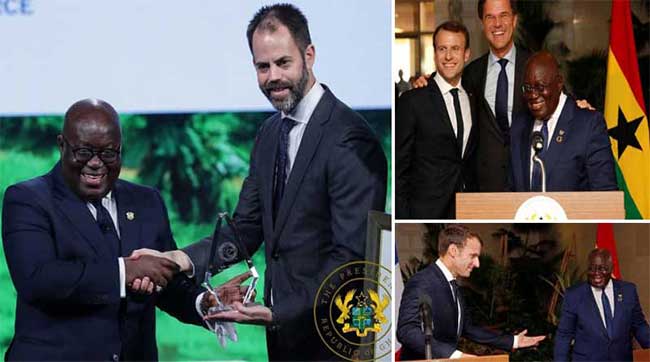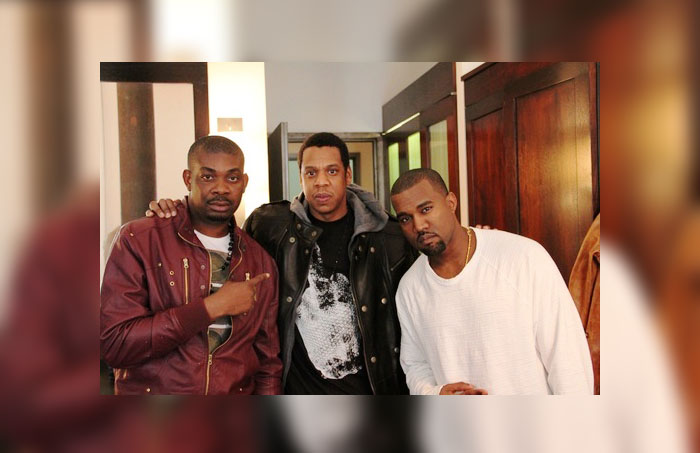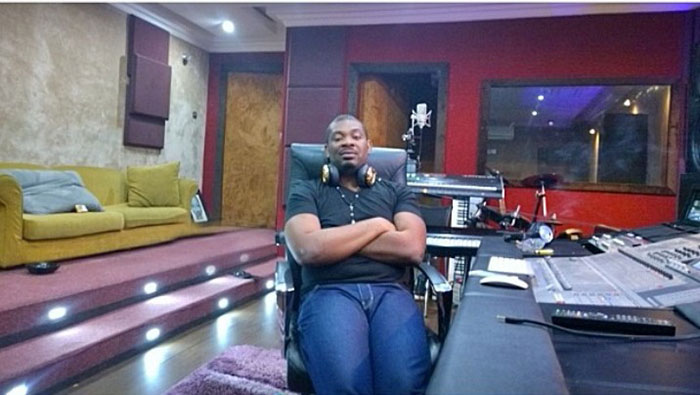World News

- Super User
- Category: World News
- Tuesday, 28 June 2016 09:50
David Cameron heads to Brussels for summit over Brexit Vote...
David Cameron will travel to Brussels on Tuesday to explain to Europe’s stunned leaders why Britain has voted for Brexit, as Conservative MPs pushed to speed up the process of replacing him as prime minister.
Cameron will meet the European commission president, Jean-Claude Juncker, and the European council president, Donald Tusk, before a working dinner with his counterparts from the 27 other member states, at which the verdict in Thursday’s historic referendum will be the only item on the agenda.
The Brussels summit comes against a background of continuing financial market turmoil, as anxious investors weigh up the economic impact of Brexit, despite the chancellor insisting on Monday morning: “Our economy is about as strong as it could be to confront the challenge our country now faces.”
The credit ratings agency Standard & Poor’s announced on Monday night that it was stripping Britain of its prized AAA credit rating, underlining the risks that may lie ahead.
The executive of the Conservative 1922 committee of backbench MPs announced that it would fast-track the process of replacing the prime minister against the backdrop of turmoil in financial markets.
Candidates hoping to succeed Cameron will be jockeying for position – with Boris Johnson and Theresa May widely seen as frontrunners – with nominations for the Conservative party leadership race set to open on Tuesday.
Cameron’s fellow EU leaders are likely to be keen to hear what Britain will demand in the forthcoming negotiations, but the prime minister is determined not to speculate about what formal relationship with the EU his successor will demand.
Instead, he will try to explain the British public’s rejection of EU membership. “He’s likely to talk about a number of factors that he thinks were issues in the campaign, and in the debate,” his spokeswoman said.
“He will want to encourage people to think about how both the UK and the EU need to work together to make the best of the decision the British people have taken.”
She added that he would not pre-empt any decision on when to invoke article 50, the formal process for withdrawal from the EU. “He will reiterate that article 50 is a matter for the next prime minister.”
Cameron announced his resignation on Friday morning, in the aftermath of the public’s vote to reject EU membership, by 52-48%.
He said he would stay on until a successor could be appointed, before the party’s annual conference in October – but under the new timetable, nominations will close on Thursday and the decision will be made by 2 September.
Graham Brady, who chairs the executive of the 1922 committee, which met on Monday lunchtime, said a quick decision was in Britain’s best interests.
“Things are in our hands, and we are moving as quickly as possible,” said Brady. “We think that the party and the country want certainty.”
Their recommendation needs to be approved by the board of the Conservative party, which meets on Tuesday, and the full 1922 committee on Wednesday.

Brady added that if a new prime minister presses ahead with the crucial renegotiations, they could then call a general election to allow the public to give their verdict on Britain’s new relationship with the EU.
“We have a big, complicated task to accomplish,” he told Sky News. “I think it is entirely reasonable to expect that the government should embark on that, get on with that, seek to negotiate as good an outcome as we can before the people then are asked to approve or reject that in a general election.”
If there are more than two candidates for leader, Conservative MPs will hold rounds of voting, the first of which would be on 5 July, with the least popular hopeful being eliminated each time. The party’s members would then be given a choice – almost certainly – of two contenders.
Cameron held the first cabinet meeting since the referendum result on Monday, with ministers on both sides of the Brexit debate paying tribute to his premiership – and discussing how they can continue to fulfil the government’s manifesto, including on social reform, in the little time left before Cameron hands over to a new prime minister.
May, who backed the prime minister’s pro-remain stance in the referendum campaign but made few public appearances in support of the cause, hopes to be seen as a unity candidate to bridge the divide in the party. She also burnished her Eurosceptic credentials by backing a withdrawal from the European convention on human rights.
May is widely expected to announce herself as a candidate and is likely to be backed by a significant number of MPs as the “stop Boris” choice
One of the arguments being used to tempt Tory backbenchers to support her is that there would be less need to hold a general election. This is because she was in a significant position in government when the Conservatives stood on their manifesto at the last election and would therefore be better able to argue for carrying on with the same mandate.
In contrast, Johnson was not in government then, which would put more pressure on him to seek his own mandate.
Johnson, the former London mayor, arrived with an entourage at Portcullis House on Monday after spending the weekend holed up with allies at his country home. The justice secretary, Michael Gove, who chaired Vote Leave, is expected to play a key role in Johnson’s leadership campaign.
Earlier, Johnson had set out his thoughts about life after Brexit in his Telegraph column, claiming the UK would be able to introduce a points-based immigration system while maintaining access to the European single market – a possibility that has already been rubbished by EU diplomats as a “pipe dream”.
Some pro-remain Conservative MPs who watched Johnson arrive said they would do everything they could to stop to him taking over as leader of the party.
One MP said they had been taken aback by the level of antipathy towards Johnson after the bitter referendum campaign; and there were growing questions about whether he is the right person to lead the complex Brexit negotiations.
However, other challengers may yet emerge, including the education secretary, Nicky Morgan, Amber Rudd, the energy secretary who made a series of personal attacks on Johnson in the televised referendum debate, and the work and pensions secretary, Stephen Crabb. Liam Fox, the pro-Brexit MP from the more socially conservative wing of the party, has not ruled out running.
Crabb has been canvassing MPs about the possibility of running on a joint ticket with Sajid Javid, the business secretary, who would serve as his chancellor. Javid will face questions on his intentions on Tuesday when he hosts a meeting of business leaders to reassure them about the consequences of Brexit. Both men come from working-class backgrounds, and see themselves as an antidote to the Etonian Johnson.
Johnson sought to play down the disruption in the financial markets that had followed the public’s decision, saying sterling had been “stable”. But one Tory source ridiculed his comments, describing him as “the pound shop comical Ali of British politics”.
A Tory MP who supported the remain campaign claimed “the liars had won the day” on the referendum. But they argued that when the electorate realised they couldn’t have everything they’d been promised, they wouldn’t want “the liar in chief”.
Source: The Gurdian












































































